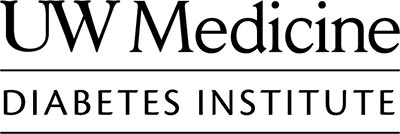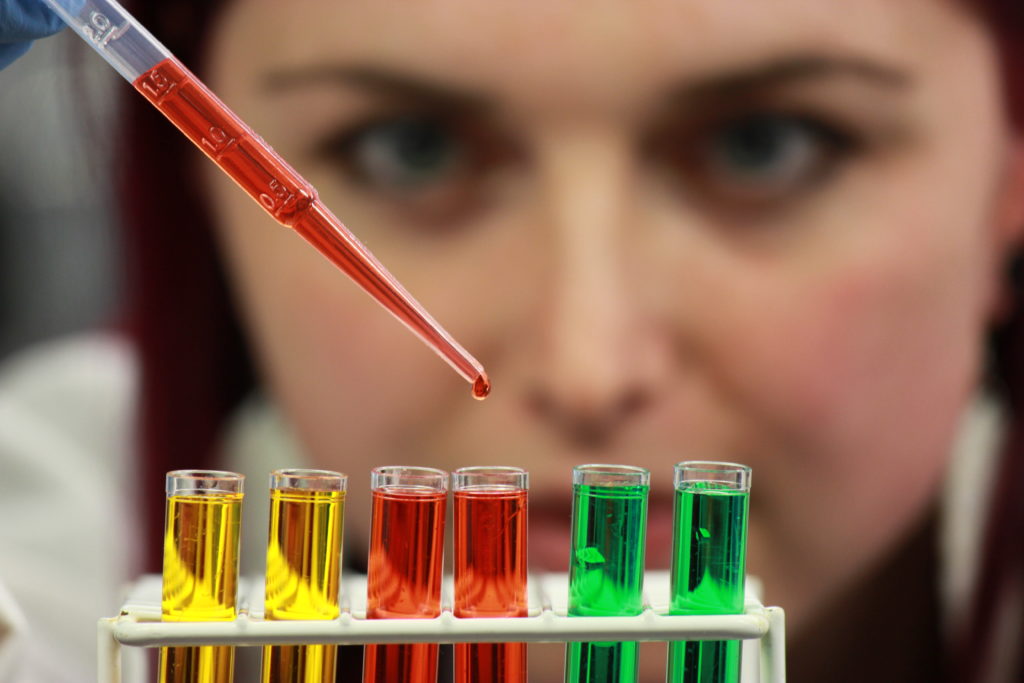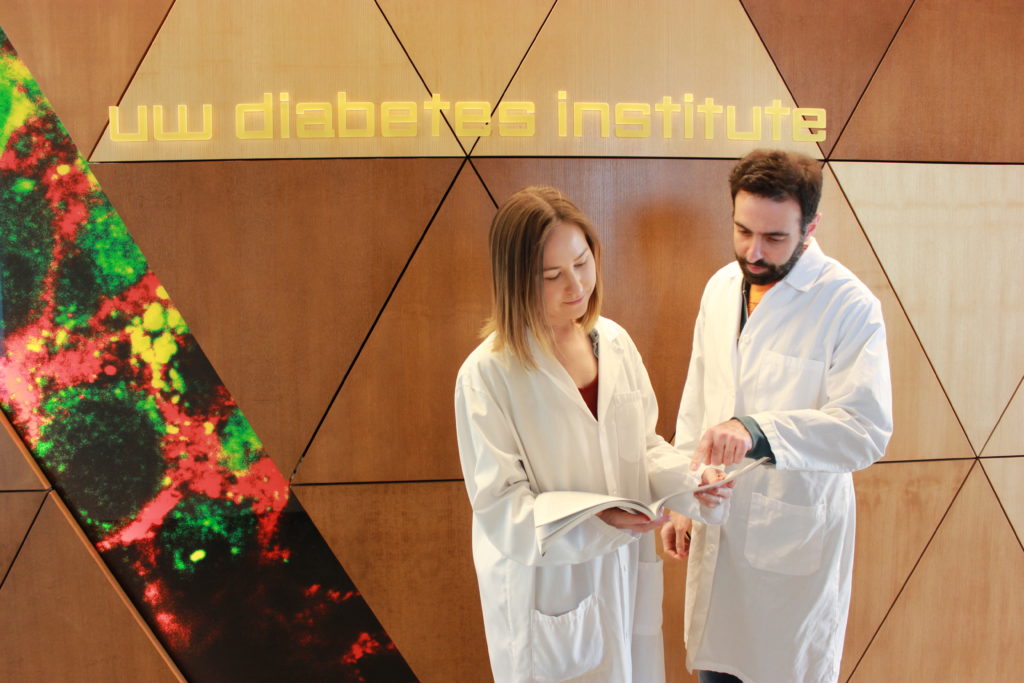Exploring the protective role of sex steroids in hypothalamic inflammation and obesity
Obesity and its associated metabolic diseases are major health problems around the world. Since few effective treatments are currently available, it is imperative to investigate the molecular mechanisms underlying obesity pathogenesis and identify new therapeutic targets.
Growing evidences from the field of obesity supports the concept that the brain plays an important role in regulating energy homeostasis. This biological process involves the coordinated regulation of food intake (energy inflow) and energy expenditure (energy outflow). The energy balance is regulated by complex neurocircuitry in several brain regions including the hypothalamus, where specialized neuronal subsets sense and respond to peripheral hormone signals and nutrient availability. Recent observations have identified glia cells, astrocytes and microglia, as an important players in whole body metabolic regulation.
Obesity is associated with hypothalamic inflammation and activation of astrocytes and microglia. In a diet-induced obesity (DIO) mouse model, which mimics the most common form of obesity in humans, it has been demonstrated that the pro-inflammatory NF-kB pathway in astrocytes and microglia is required to promote obesity. We have identified a neuronal-microglia communication (CX3CL1-CX3CR1) that maintain microglia in a quiescent state and provide a protection from DIO. Interestingly, we found that this signaling is sexually dimorphic. Unlike female mice, males showed reductions in both ligand and receptor expression after high-fat diet (HFD) exposure, suggesting that CX3CR1 signaling might be a potential therapeutic target for obesity in males. Indeed, restoring hypothalamic CX3CL1-CX3CR1 signaling in male mice promotes a “female-like” response to HFD feeding characterized by both reduced microglial activation and DIO susceptibility (Dorfman et al. Nature Communications 2017). Based in this sexual dimorphism and the fact that sex steroids (estrogens and androgens) are involved in whole-body energy homeostasis and central immunological modulation we are now testing the hypothesis that sex hormones reduce DIO susceptibility through central anti-inflammatory action on glia cells.
Members of the laboratory

Mauricio Dorfman, PhD
View Profile
Assistant Professor of Medicine
Division of Metabolism, Endocrinology and Nutrition

Jeremy Frey, BS
Research Scientist
Contact Us
UW Medicine Diabetes Institute
750 Republican Street, Box 358062
Seattle, WA 98109
Mauricio Dorfman: (206) 543-2435
Laboratory: (206) 616-2482
Fax: (206) 897-5293
Mauricio Dorfman:dorfmanm@uw.edu
Jeremy Frey: freyj@uw.edu
To inquire about Postdoctoral and Graduate Student Openings, email dorfmanm@uw.edu





